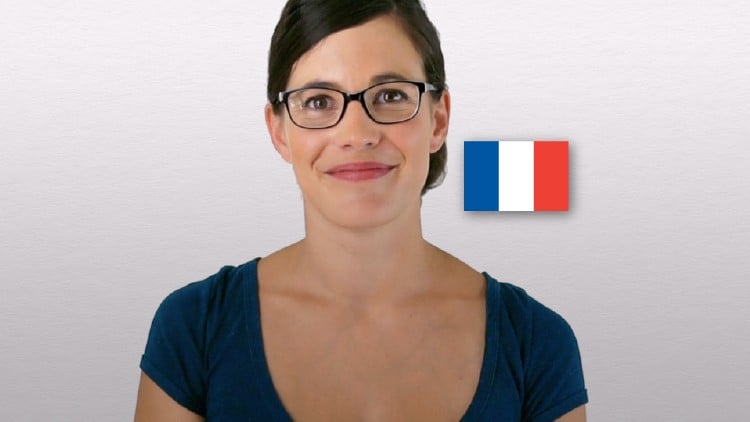
If you have reached this page, you probably want to learn French, not English! Bonne nouvelle, this course is 100% in French, mostly with videos, created and presented by Anne Le Grand, an experienced native teacher.
Whatever your objective or level in French, mastering the past tenses is vital to communicate.
In this course you will learn how to use the 3 main past tenses in French: the imperfect, the passé-composé and the plus-que-parfait. You will be able to evoke memories, speak about work experiences and understand news stories, or just express past events accurately.
Master each tense individually in context and learn how to use them together in this French immersive course.
Feel free to watch the introduction section and the free video previews to see how the course is structured.
Each section covers a specific use of the past in French and allows you to easily develop the four basic linguistic abilities: listening, speaking, reading and writing.
Introduction: I will present you the key points of the section in a short video (free preview)
Grammar lecture: learn and practice a specific grammar function with talking head videos and quizzes, to speed up and consolidate the process of learning French grammar
Listening comprehension lecture: listen to an audio recording focusing on the section’s grammar point and validate your understanding with a quiz.
Reading comprehension lecture: read a text focusing on the section’s grammar point and validate your understanding with a quiz.
Vocabulary lecture: Learn 10 key expressions you can easily include in your spoken French like a native speaker, followed by a quiz.
Writing lecture (dictation): boost your writing skills and learn ready to use French structures.
In Section 5, you will learn how to differentiate and pronounce the sounds [e] and [ɛ] (é/ è) via an entertaining phonetic video and exercises.
Les verbes "se rappeler" et "se souvenir" sont très utilisés en français. Cependant, il y a souvent des erreurs commises dans le choix de la préposition.
Faut-il employer la préposition de, que ou Ø (aucune préposition) ?